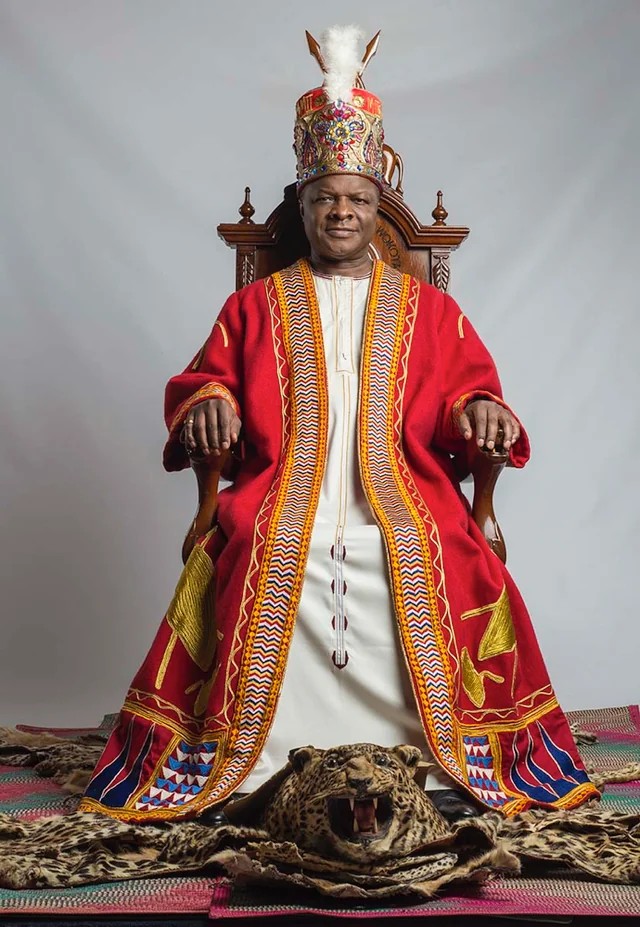
Word of the Day: Malarkey
Today’s word of the day, thanks to Words Coach (https://www.wordscoach.com/dictionary), is malarkey. Pronounced / məˈlɑr ki /, with the stress on the second syllable, the noun means “speech or writing designed to obscure, mislead, or impress; bunkum” (https://www.dictionary.com/browse/malarkey). It can also be malarky, but that spelling is uncommon.
According to Etymonline.com, the word appears in the English language first in “1924, American English, of unknown origin. Green’s Dictionary of Slang offers an 1894 Australian use of ‘Captain Mullurky’ [sic] as a ‘melodious name for military muddle, apparently perpetrated for a malicious “lark.”’ It is an authentic Irish surname meaning ‘servant of Earc.’ Another slang term meaning much the same thing at about the same time in U.S. was ackamarackus (1934)” (https://www.etymonline.com/search?q=malarkey).
I don’t get paid for doing these words of the days. I just enjoy doing them, in part because I learn something every day, or almost every day. I learn something about the words, and often I learn something about history or something more current. So in looking through the On This Day website, I came across this for July 31, 1993: “Prince Ronald Mutebi is crowned King of Buganda” (https://www.onthisday.com/events/july/31).
I like to think of myself as somewhat aware of history and of events. I listen daily to the BBC Global Podcast so that I can hear about what’s going on around the world, rather than just paying attention to what’s going on in the USA, as so many Americans are prone to do. But honestly, when I read that Prince Ronald Mutebi had been made the King of Buganda, I thought I was reading about something that perhaps happened in a movie.
Buganda is a kingdom within the country of Uganda. If that doesn’t sound like it makes sense, just think of the four countries (maybe five) that are within the country of the United Kingdom (England, Scotland, Northern Ireland, Wales, and maybe Cornwall). It became a unified kingdom “during the 13th century by the first king, Kato Kintu, the founder of Buganda’s Kintu dynasty, Buganda grew to become one of the largest and most powerful states in East Africa during the 18th and the 19th centuries” (https://en.wikipedia.org/wiki/Buganda).
Like many of the countries or kingdoms of Africa in the 19th century, Buganda was colonized by one of the European powers, in this case Britain. “Buganda became the centre of the Uganda Protectorate in 1884; the name ‘Uganda’, the Swahili term for Buganda, was adopted by British officials. Under British rule, many Baganda acquired status as colonial administrators, and Buganda became a major producer of cotton and coffee. Until now, Buganda still remains Uganda’s greatest coffee producer” (ibid.).
Uganda was granted its independence from Britain in 1962: “Benedicto Kiwanuka of the Democratic Party became the first chief minister. Milton Obote was elected Prime Minister in April 1962 and Uganda became a republic in October 1962, maintaining its Commonwealth membership. In succeeding years, supporters of a centralized state vied with those in favor of a loose federation and a strong role for tribally-based local kingdoms. Political maneuvering climaxed in February 1966, when Milton Obote, the Prime Minister, suspended the constitution and assumed all government powers, removing the positions of president and vice president. In September 1967, a new constitution proclaimed Uganda a republic, gave the president even greater powers, and abolished the traditional kingdoms.” (https://en.wikipedia.org/wiki/History_of_Uganda).
“Following years of political turmoil, the kingdom that largely occupies a ceremonial role was officially restored in 1993 by Uganda’s ruling National Resistance Movement under Yoweri Museveni, the President of Uganda since 1986. Since the restoration of the kingdom in 1993, the King of Buganda, known as the Kabaka, has been Muwenda Mutebi II. He is recognized as the 36th Kabaka of Buganda. The current queen, known as the Nnabagereka or Kaddulubale is Queen Sylvia Nagginda” (https://en.wikipedia.org/wiki/Buganda).
Now, I am not real fond of kings. When I think of kings, I always go back to 1 Samuel 8 in the Old Testament. Samuel, who has been the judge over Israel, is getting old, and his sons “do not walk in his ways,” meaning that they are corrupt,, and the people want a king like all the other nations have. Before granting them their request, God tells them how awful a king will be. They want a king anyway, so He lets them have it, so to speak.
On the other hand, I do like the idea of a “loose confederation.” In fact, that is what the United States was originally supposed to be, and was under the Articles of Confederation that were superseded by the Constitution. One might even argue that the USA continued to be a loose confederation until the passage of the 17th Amendment, the one that took power away from the states by mandating that the election of US Senators be done by popular vote rather than by the state legislature.
But I have no idea what the Baganda are like and how much they might like or not like their king. I have no interest in telling the Baganda how to live their lives. And I’ve never been part of a tribe or a clan, just a family, and families don’t need kings.
I think I would like to visit Buganda some day. I don’t know why. The notion just intrigues me. What started out sounding like a bunch of malarkey has, at least momentarily, caught my interest.
I found today’s image on Reddit, where it says, “Ronald Edward Frederick Kimera Muwenda Mutebi II is the 36th Kabaka (king) of Buganda. He is the most powerful of all monarchic rulers in Uganda and have 11+ million subjects in his kingdom. He has been reigning since 1993 when the kingdom was restored. His father was the first president of Uganda” (https://www.reddit.com/r/monarchism/comments/uzgvcc/ronald_edward_frederick_kimera_muwenda_mutebi_ii/).